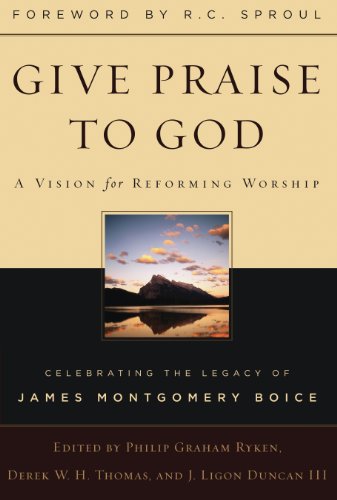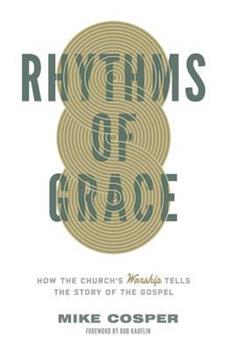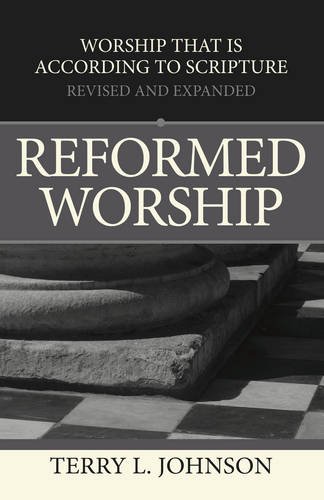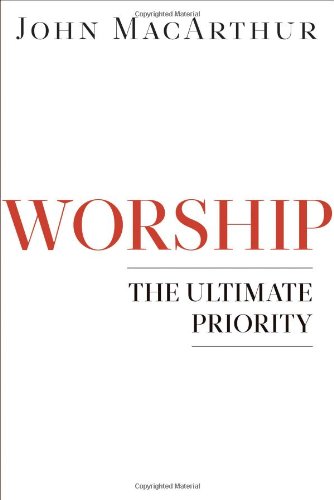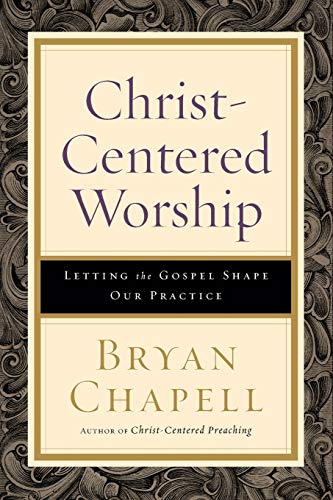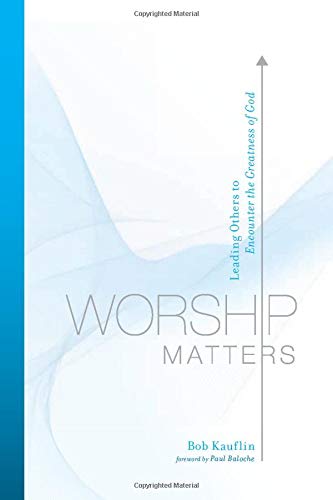Quotes about Worship-Purpose
To pretend a homage to God, and intend only the advantage of self, is rather to mock Him than worship Him. When we believe that we ought to be satisfied [in selfish pursuits], rather than God glorified, we set God below ourselves. [When we] imagine that He should submit His own honor to our advantage we make ourselves more glorious than God.
The danger for us is that we will want to keep up with our entertainment culture and its focus on the eyes by turning our worship into a religious stage show. We must walk a fine line between offering worship that is appealing and engaging without becoming simply a splashy performance, and worship that has depth without becoming tedious and flat.
I think we delight to praise what we enjoy because the praise not merely expresses but completes the enjoyment; it is its appointed consummation. If it were possible for a created soul fully to “appreciate,” that is, to love and delight in, the worthiest object of all, and simultaneously at every moment to give this delight perfect expression, then that soul would be in supreme blessedness. To praise God fully we must suppose ourselves to be in perfect love with God, drowned in, dissolved by that delight which, far from remaining pent up within ourselves as incommunicable bliss, flows out from us incessantly again in effortless and perfect expression. Our joy is no more separable from the praise in which it liberates and utters itself than the brightness a mirror receives is separable from the brightness it sheds.
It is in the process of being worshipped that God communicates His presence to men.
In the process of striving to fulfill our needs and satisfy our desires, the church has slipped into a philosophy of “Christian humanism” that is flawed with self-love, self-esteem, self-fulfillment, and self-glory. There appears to be scant concern about worshiping our glorious God on His terms. So-called worship seems little more than some liturgy (high or low) equated with stained-glass windows, organ music, or emotion-filled songs and prayers. If the bulletin didn’t say “Worship Service,” maybe we wouldn’t know what we were supposed to be doing. And that reflects the absence of a worshiping life- of which a Sunday service is to be only a corporate overflow.
There is one fundamental reason why the living God wants His people to assemble in worship: that is, to ascribe to Him the worth and value that are His, individually and as a body, and to present their bodies as living sacrifices. Worshiping God is not a means to an end; it is an end in itself!
The Worship Service: A Hindrance or a Highway for Revival, Revival Commentary, v. 2, n. 2.
God…is our “audience” in worship. It is His approval that we are to seek.
The Worship Service: A Hindrance or a Highway for Revival, Revival Commentary, v. 2, n. 2.
Nothing makes God more supreme and more central in worship than when a people are utterly persuaded that nothing – not money or prestige or leisure or family or job or health or sports or toys or friends – nothing is going to bring satisfaction to their sinful, guilty, aching hearts besides God.
A God-centered theology must be a missionary theology. If you say that you love the glory of God, the test of your authenticity is whether you love the spread of that glory among all the peoples of the world. Or another way to say it is that worship is the fuel and the goal of missions. Missions exists because worship doesn’t. God’s passion is to be known and honored and worshipped among all the peoples. To worship him is to share that passion for his supremacy among the nations.
Just as an indescribable sunset or a breath-taking mountaintop vista evokes a spontaneous response, so we cannot encounter the worthiness of God without the response of worship. If you could see God at this moment, you would so utterly understand how worthy He is of worship that you would instinctively fall on you face and worship Him.
Spiritual Disciplines for the Christian Life, 1991, p. 87, Used by permission of NavPress – www.navpress.com, All rights reserved. For more information please see the website www.BibicalSpirituality.org. Get this book!
Worship is a Spiritual Discipline insofar as it is both an end and a means. The worship of God is an end in itself because worship, as we’ve defined it, is to focus on and respond to God. There is no higher goal than focusing on and responding to God. But worship is also a means in the sense that it is a means to Godliness. The more truly we worship God, the more we become like Him.
Spiritual Disciplines for the Christian Life, 1991, p. 94-95, Used by permission of NavPress – www.navpress.com, All rights reserved. For more information please see the website www.BibicalSpirituality.org. Get this book!
Recommended Books
